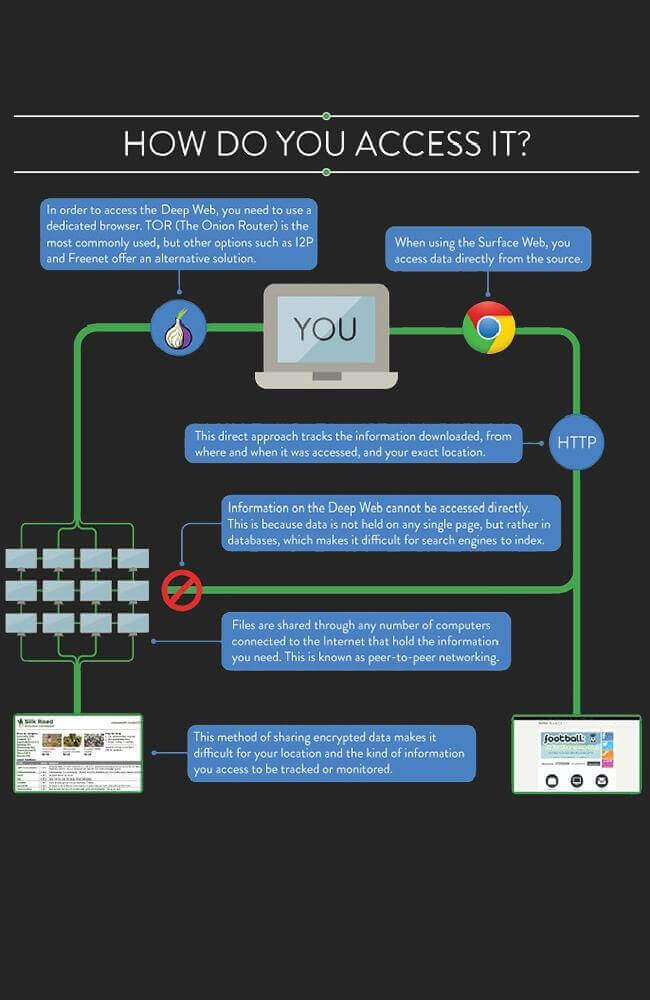

As such, some font rendering features will fail, as well as images and icons. High security disables JavaScript on all sites, turns all HTML5 media into click-to-play, and disables a significant number of scripts. Medium security disables JavaScript on non-HTTPS sites, turns all HTML5 media into click-to-play (rather than autoplay), and disables some other scripts.

Low security (the default setting) enables all browser features, while still routing and encrypting traffic. DDG search results are a compilation of "over 400 sources." Some users don't like the DDG search results, preferring to use StartPage instead (StartPage acts more as an anonymizing proxy delivering actual Google search results). Regardless, the Tor welcome page uses anonymity focused internet search tool, DuckDuckGo, by default.

There are arguments against Google tracking, and of course, arguments for. Google keeps extensive logs on all searches made using it, as well as tracking your in-browser internet activities. In addition, Tor doesn't connect to Google, by default. The HTTPS Everywhere extension attempts to force HTTPS support on every site, and while many sites support the standard by default, Tor cannot take account for those that don't. Both malicious and non-malicious extensions can reveal your identity without you realizing.

Tor cannot control the actions of third-party browser extensions, hence their very strong suggestion that you don't add any to the base installation (unless you really know what you're doing).It can protect your IP address and, if you use a pseudonym for anonymous communication, your identity will be protected, too. Tor cannot protect you if the person you're communicating with is taking a physical log.So should you use Tor with a VPN? Good question! It only protects traffic routed through the Tor browser. A good start is being aware of the limitations of Tor and the Tor browser.


 0 kommentar(er)
0 kommentar(er)
